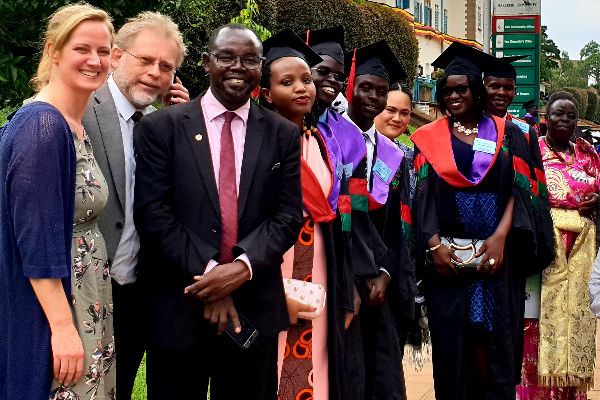Join a powerful, unprecedented alliance for better eye health for all.
Join IAPB-
Choose an alternate language here
Light for the World strives towards improved access to universal and comprehensive eye health in its partner countries. As all stakeholders in the field know, this is not always highest on the agenda of least developed countries with competing priorities. Thus, we believe that, to achieve our goals, we need the engagement and cooperation of all partners available (and a deep breath).
Despite being the major cause of visual impairment (49%) followed by cataract (26%), Uncorrected Refractive Errors have been rarely addressed systematically in a development context.
In cooperation with the International Council of Ophthalmology (ICO), the Task Force on Uncorrected Refractive Errors and School Eye Health formed in 2007. The aim was to provide better access to high quality, low-cost eye care, especially to regions with limited services. Thus, pilot initiatives were implemented, of which the National Intervention on Uncorrected Refractive Errors, (in short NIURE) was led by Light for the World, supporting the Ugandan Ministry of Health
One of the major stumbling blocks hindering access to quality refraction and provision of custom-made glasses in Uganda was the lack of human resources. It became clear that while a short-term training for ophthalmic officers in refraction might address some of the immediate needs, it can only be a bridge to a longer-term solution. Training higher cadres – namely optometrists – was needed to change the game.
From the outset, the ultimate aim of NIURE’s 
In parallel, together with partners, Light for the World is working on the formal recognition of the optometry profession and lobbying for integration within public service. With the optometry degree up and running, a critical mass of individuals continues to advocate for official recognition, career path, etc.
One crucial milestone achieved in 2017 was receiving government sponsorship for 10 optometry students per year ensuring acceptance of the course by the Ugandan government. This is surely a positive signal to get this new profession regulated as part of public service in due course.
Another very recent milestone was the graduation ceremony of the first homegrown optometrists beginning of 2019. A memorable moment for all partners involved, with more such moments to come in the next few years.
Soon, we hope to see extended and comprehensive eye care teams to get a step closer to universal eye health in Uganda. A further shift towards training teams as illustrated in the ICO position paper in this regard is desirable where all eye health cadres participate for improved performance.
Image on top: Greta/Image Credit: Gregor Kuntscher